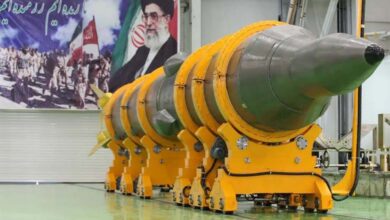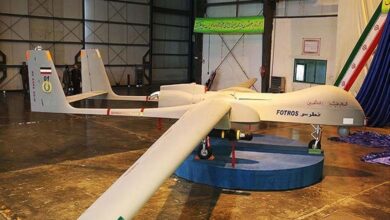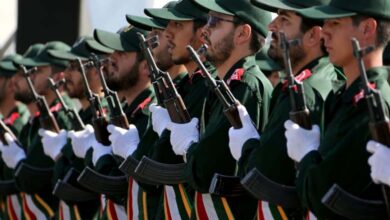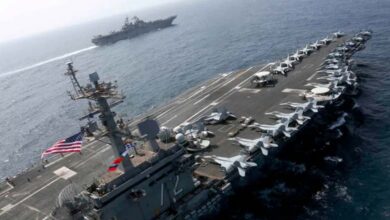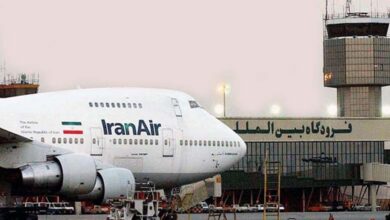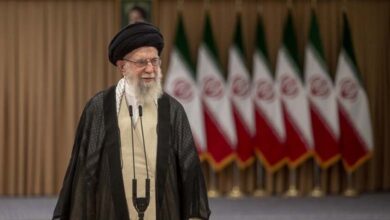Iran Confronts U.S. Warnings by Announcing New Arsenal
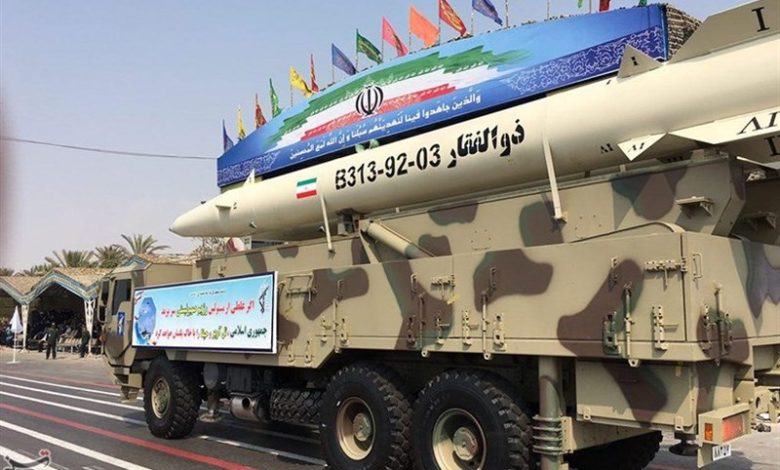
The new arsenal includes a domestically-made anti-ballistic missile system and a low-altitude air defense system
Iran unveiled new weapons today, Saturday, including the “Arman” system, a domestically-made anti-ballistic missile defense system, and the “Azarakhsh” system for low-altitude air defense, according to the Islamic Republic News Agency (IRNA). The announcement comes amidst escalating tensions in the region, as the Yemeni Houthi group, allied with Iran, carried out a series of attacks on ships linked to the United States, the United Kingdom, and Israel in the Red Sea, in solidarity with Gaza.
Gaza has been under Israeli military attack since Hamas launched an attack on southern Israel on October 7. Israel accuses Iran of involvement in the attack by providing military support to the Palestinian movement.
In response to Houthi attacks, the United States targeted sites inside Yemen as well as facilities belonging to Iran-aligned groups in Iraq and Syria. In return, American military bases in Syria and Iraq were attacked, leading to strikes against Iranian-linked militias.
The two new systems were unveiled Saturday in the presence of Iranian Defense Minister Mohammad Reza Ashtiani. IRNA stated that “the introduction of these new systems will significantly enhance air defense capabilities,” specifying that the Arman system “can target six objectives simultaneously within a range of 120 to 180 kilometers,” while the Azarakhsh system “can detect and destroy targets… up to a range of 50 kilometers with four missiles ready to launch.”
In June, Iran showcased what officials described as its first domestically-produced hypersonic ballistic missile, named “Fateh,” with a range of 1400 kilometers, but the United States cast doubt on Iran’s military capabilities. Iran also showcased last year its first underground airbase, called “Aqab 44,” capable of storing and deploying fighter jets and drones, bolstering its military arsenal with drones and concluding agreements with the Russian side to use them in the war in Ukraine.
Experts warn of the increasing risk of an open war between Israel and Iran due to mutual threats, especially following the war in Gaza, threatening fragile peace in the Middle East, particularly Tel Aviv’s threat to target nuclear sites to prevent Tehran from possessing the atomic bomb.
The Israeli military targeted sites affiliated with the Revolutionary Guard in Syria, resulting in the fall of several of its influential figures, while Iranian Supreme Leader Ali Khamenei pledged to retaliate against those attacks.
The United States has warned Iran of the danger of escalation in the region by inciting its allies, while the Iranian government denies any involvement in attacks in several arenas, asserting that it acts independently through armed groups.



